Six winners of the EMET Prize, known as the “Israeli Nobel,” were honored for their excellence in academics and professional achievements which have made significant contributions to Israeli society. Representatives of the panel of judges announced the winners for 2022 in three categories: Social Sciences, Life Sciences and Humanities.
The EMET Prize award ceremony will be held in June in the presence of Prime Minister Naftali Bennett, who will present the awards to the winners.
The members of the award committee are retired Supreme Court justice Yaakov Turkel, Prof. Michael Sela, Adv. Haim Aharon, Adv. Shlomit Barnea Fargo, Prof. Ruth Arnon, Aryeh Dubson, Prof. Isaac Ben-Israel and Prof. Rivka Carmi. The winners come from various fields and worlds, including academia, medicine and law, and have contributed to important discoveries and helped strengthen Israel’s status, both as a leading country in the field of research and as a strong and democratic state governed by the rule of law.
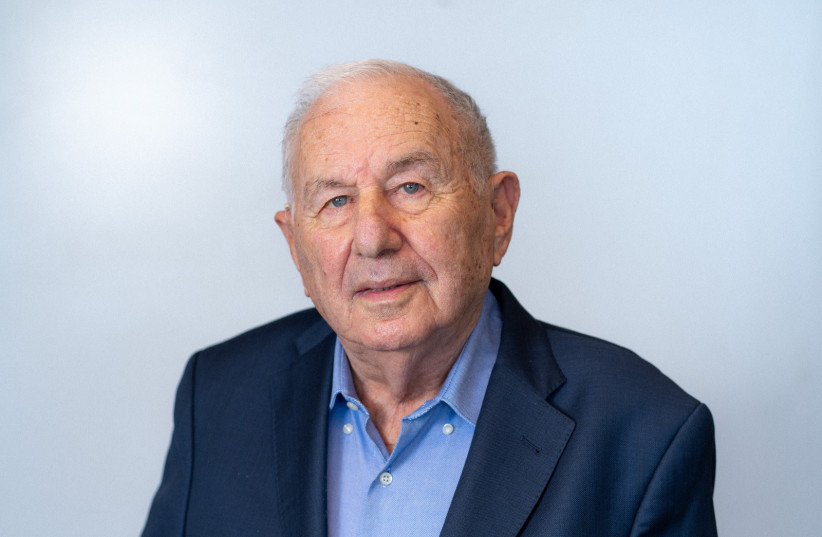
Prof. Amnon Rubinstein
Winner: Social sciences
A law professor and a senior member of the Harry Radziner School of Law at Reichman University, Prof. Rubinstein was awarded the EMET Prize for his contribution to the social sciences. Prof. Rubinstein, winner of the Israel Prize in Law in 2006, is considered the father of constitutional law in Israel. He served as education minister in the second government of prime minister Yitzhak Rabin and the government of prime minister Shimon Peres.
As communications minister, Prof. Rubinstein was responsible for the reform that introduced landlines to every home in Israel.
However, most of his work was in initiatives he undertook to promote the protection of human rights, which culminated in the enactment of the Basic Law: Human Dignity and Liberty.
“I am delighted to receive this award. It is the sign of a long career and a journey that began as a student at the Hebrew University of Jerusalem, continued through the Knesset, of which I was a member for 25 years, and as a minister in the government for 20 years,” says Prof. Rubinstein.
“In the Communications Ministry, I was privileged to end the years-long phone shortage and create a telephone service that met the standard of an advanced country,” he recalled.
“But my activities in the Knesset continued, and the laws I passed, primarily the Human Dignity and Freedom of Practice Law and the Freedom of Occupation Law, were very influential and were referred to dozens of times by the Supreme Court.
“I believe in a liberal democracy,” emphasizes Prof. Rubinstein. “One in which the person feels liberated, with full equality and no racial discrimination. I’d like Israel to move toward this goal. We have a difficult enemy and a hard struggle, but we’ve proven that we can live both with human rights and war.
“I am glad that I was able to help make Israel more efficient and less bureaucratic, increasing the supply of services to the citizen and, above all, strengthening the country so that human dignity and freedom will be at its center.
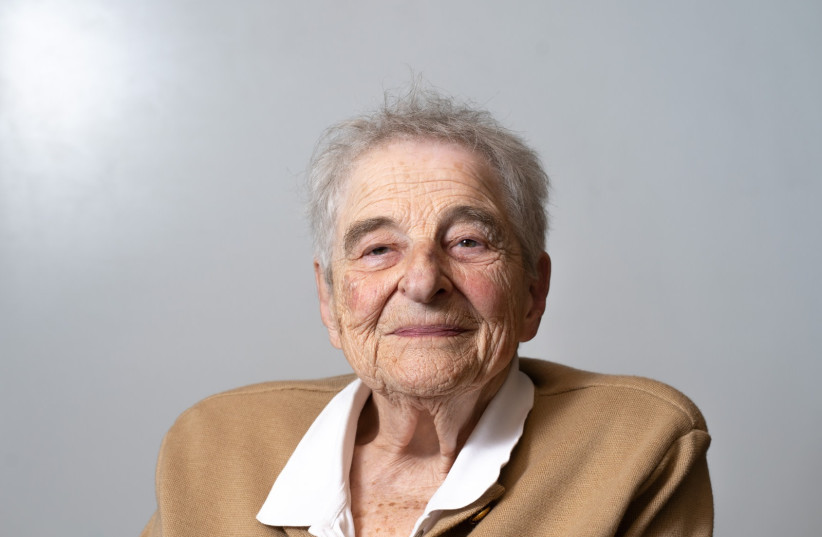
Prof. Ruth Lapidoth
Winner: Social sciences
Prof. Lapidoth of the Hebrew University of Jerusalem, considered the founder of international public law in the State of Israel, received the EMET Prize for her contributions to the field of social sciences. In a career that spans over 60 years, she has made her mark in research, teaching and achievements.
She is a graduate of the Faculty of Law at the Hebrew University and a world-renowned researcher in a variety of fields of international law, with a special emphasis on maritime law, the study of autonomy, and the status of Jerusalem. She served as the Foreign Ministry’s legal adviser during a particularly dramatic period, during which the peace agreement with Egypt was signed, and further talks began regarding autonomy in the territories.
Prof. Lapidoth has received many awards over the years and was chosen to light a torch on the 47th Independence Day of the State of Israel. “I was very happy to learn that I had received the EMET prize,” she says, “and I would like to thank the dean of the Faculty of Law in Jerusalem, Prof. Dafna Levinson-Zamir, who submitted my candidacy, and thanks to everyone who recommended me and of course, to my teachers over the years. I truly hope that I have been able to help our country over the years.
“When I was young, many of the students thought it was a waste of time to study international law, but today the situation is the opposite,” she recalls. “Today, it is clear that anyone who studies law or wishes to be a lawyer must also know international law, especially because economic ties and human rights issues between countries today have become much more aligned and have a greater influence both on our lives inside and outside the State of Israel.”
“When we started in the field, there were not many experts on the subject in the country, but today in government ministries, such as transportation and Finance, there are experts in international law. The reason is that in international law, there are two primary sources: customs and international treaties. Another issue that has developed over the years is the status of Jerusalem in the eyes of the international community.”
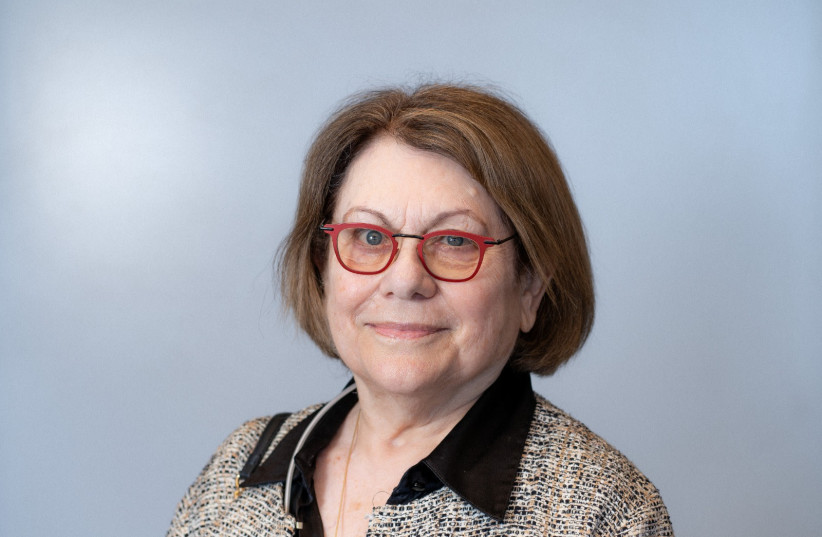
Prof. Hermona Soreq
Winner: Life sciences
Prof. Soreq from the Hebrew University of Jerusalem specializes in molecular neuroscience, and received the EMET Prize for her contributions to life sciences for her accomplishments in the field of brain research.
She is known for her research on the molecular pathways of significant neurotransmitter regulation in the human brain and the use of RNA, and her research has shed light on their role in health and disease.
Prof. Soreq is the head of the Alexander Silverman Institute of Life Sciences and the Edmond and Lily Safra Center for Brain Research at the Hebrew University of Jerusalem and the dean of the Faculty of Natural Sciences. Her research and efforts have led, among other things, to the development of innovative drugs for the prevention and treatment of post-traumatic stress disorder and degenerative diseases of the brain and nervous system.
“It’s very exciting,” says Prof. Soreq of receiving the award. “I began my involvement in research from the field of RNA in the 1980s, when we knew much less about its impact, and connected it to the area of neuroscience. To understand what we are doing, we need to think of gene expression as a pyramid: the genes are at the top, at the bottom are the proteins, and in the middle is the RNA.
“A very small part of our genome produces proteins,” she explains, “and everything else is a kind of operating manual. Our research focuses on the operating instructions that direct brain activity and its implications for contact with the body. We have been working on this for years, and the consequences are far-reaching.
“In the past, we were told that RNA was a dream and would not happen, and indeed the Moderna company, for example, has existed for decades, but because of corona, it was given the opportunity to test the applicability of this technology, and today we know it will remain.
“We are dealing with the effects of traumatic conditions on the brain, something which, unfortunately, our country specializes in. It is possible to change the effects of traumatic components on health if we know which genes are responsible for it and use RNA-based therapy to control the damage.”
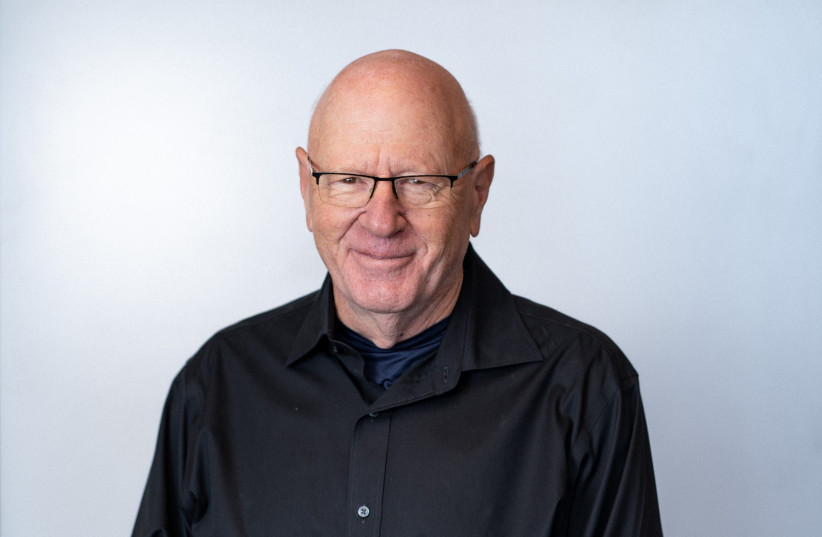
Prof. Rafael Malach
Winner: Life sciences
A researcher in the field of brain research in the Department of Neurobiology at the Weizmann Institute, Prof. Malach received the EMET Prize in life sciences for his achievements in neurology. He is highly regarded for his work in the study of understanding processes in the brain and his discoveries about the structures of function in the human brain, and his discoveries about neural mechanisms in sensory and mental perception.
“I do not see this as a personal prize, but a prize for a group, for my wonderful students who built the material from which the prize was created, and of course all of the surrounding systems and the Institute that was very supportive,” says Prof. Malach.
“In the field of brain research, we like to emphasize the health part, which is, of course, important, but the public must not miss something additional – the wonder of it all. There is organic matter in our heads, thanks to which the entire psychological, mental and emotional world is created.
“As neuroscientists, we have one of humanity’s great challenges, and we are only at the beginning. Everything we understand or learn quickly impacts on the possibility of understanding how to help people whose functions in this area have been compromised.
“Our research and discoveries go in two main directions: one is how we create the images we see,” explains Prof. Malach. “Contrary to many people’s beliefs, vision is not just about opening the eyes. There is a creative and complicated process that the brain performs, which uses the information it receives from the eyes; but along the way, there is plenty of room for creative interpretations and improvements that are created within our brains. This impacts upon fascinating questions of vision, blindness and imagination.
“The second direction we have contributed is to look at the human brain under natural conditions, and not just laboratory conditions. We were among the first to use advanced mapping methods. I find it amazing that we are still very far from fully understanding how the physiological-biological world of electrical signals in the brain becomes our vision.”
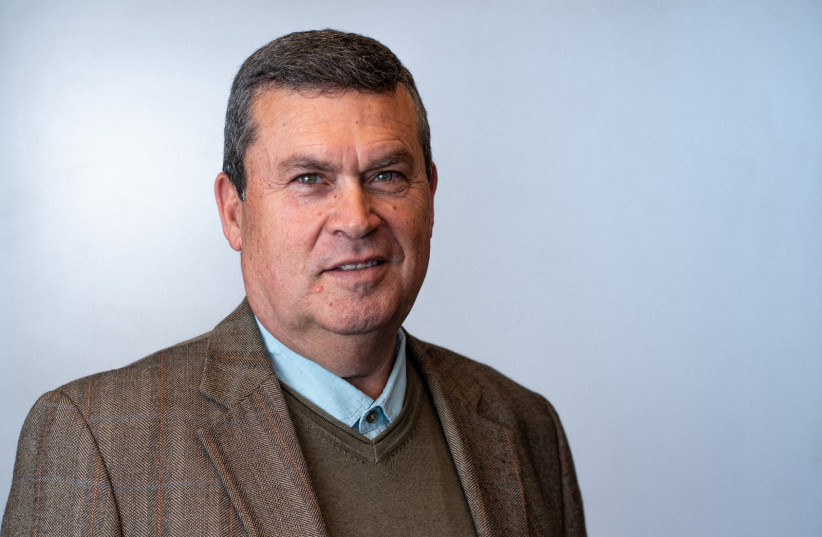
Prof. Oded Lipschits
Winner: Humanities
Prof. Lipschits of Tel Aviv University received the EMET Prize in humanities for his achievement and contribution to the world of archaeology. He has an international reputation in the study of the history and archaeology of the Land of Israel during the first millennium BCE.
At the heart of Prof. Lipschits’s archaeological and historical interest is an innovative recognition that during most of the first millennium BCE, archaeology and history in our region were shaped by the presence of the Assyrian, Babylonian and Persian empires.
“When we examine this period, there is almost no time when Judea was independent,” says Prof. Lifshitz. “During most of the period when the Bible was written, the Land of Israel was under the rule of foreign empires, and we understand more about the period of exile and how the Kingdom of Judea was conducted under foreign domination.
“I am pleased about the award because it is a recognition of real work,” he adds. “We operate on a very large scale. I have been conducting the largest excavations in the country for 20 years. Through archaeology, we discover how the governmental system and people have become accustomed to living under foreign rule, and this provides us with a historical understanding of the development of Judaism and the development of the Bible.
“We discover thousands of finds every day, and I do not allow myself to get excited by any finds because it will not allow me to see the big picture. What excites me is that some finds connect, and suddenly I have a broad historical insight.”
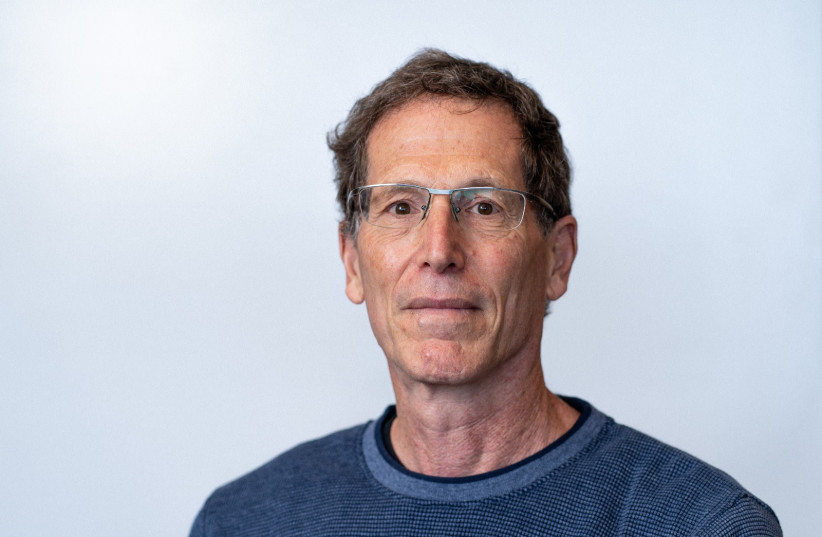
Prof. Gideon Shelach-Lavi
Winner: Humanities
Prof. Shelach-Lavi of the Hebrew University of Jerusalem was awarded the EMET Prize in humanities for his contribution to the world of archaeology. Prof. Shelach-Lavi conducted extensive archaeological research in northern China and Mongolia, and contributed to Israeli academic and archaeological knowledge by researching cultures and regions that were foreign to the Israeli research world, thus expanding Israeli academia’s horizons in the field.
“Archaeology fascinates me because of the possibility of understanding the development of society and human culture in different parts of the world,” explains Prof. Shelach-Lavi. “Although my studies in China and Mongolia answer questions of a local nature, they also have a universal characteristic.
“The last major research we did was on the beginning of agriculture – the transition of humans from hunters to gatherers. This is perhaps the biggest change that has happened to humanity, and we still do not understand how it happened. On an archaeological scale, this is a change that has been happening over thousands of years that we have not solved in depth.”
Prof. Shelach-Lavi was surprised to learn that he had won the award “because I do not work in Israel.” He explains that archaeology in the country is developed and is highly regarded due to the historical connection and its relationship to Judaism.
“I am happy to receive this award because it shows openness, and that they are ready to view archaeology not only in the context of the Land of Israel and local history.
“It is important to emphasize that it is not that I rule out the local aspect – but archaeological excavations also have importance in the context of world history and humanity.”
This article was written in cooperation with the EMET Prize Foundation.
Translated by Alan Rosenbaum